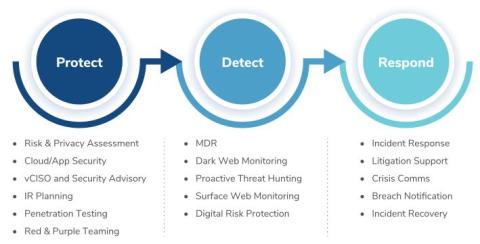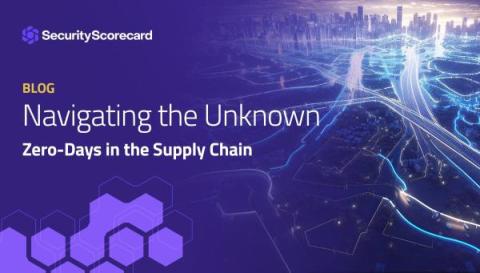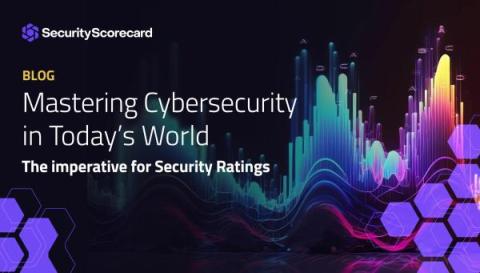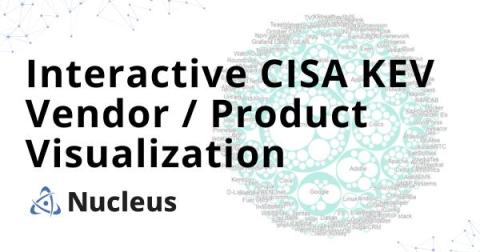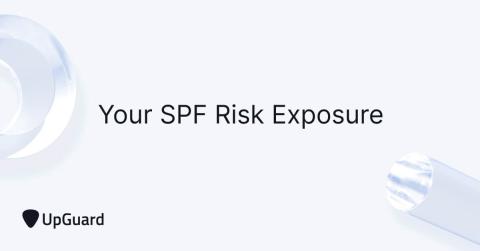Re-evaluating risk in the artificial intelligence age
It is common knowledge that when it comes to cybersecurity, there is no one-size-fits all definition of risk, nor is there a place for static plans. New technologies are created, new vulnerabilities discovered, and more attackers appear on the horizon. Most recently the appearance of advanced language models such as ChatGPT have taken this concept and turned the dial up to eleven.



